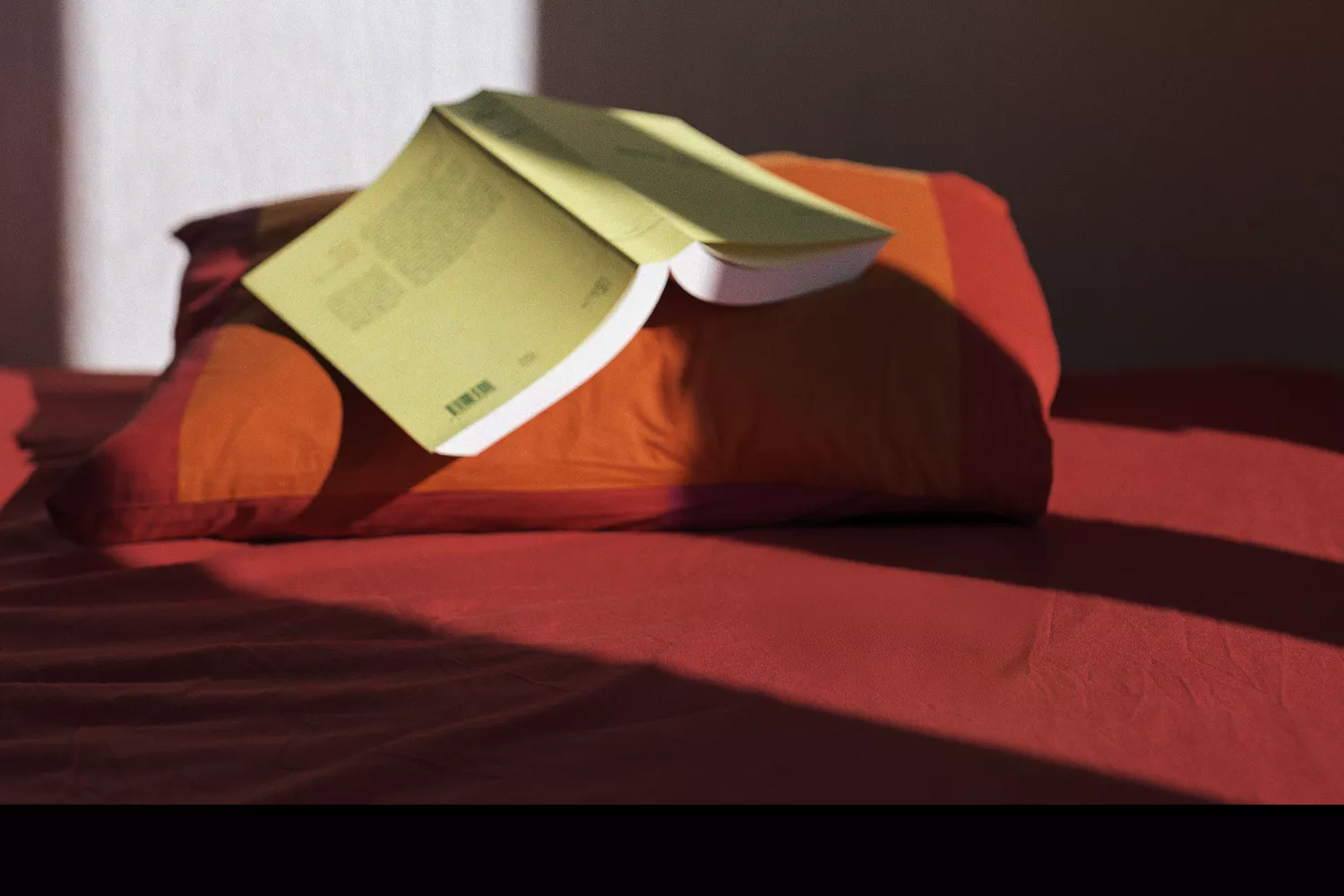No matter how many times we assure ourselves we’ll get to bed earlier each evening, the nighttime regular commonly develops into a quick face clean and endless scrolling prior to you lastly get sleepy. Unexpectedly it’s midnight, and going to bed really feels even more like something you crash instead of ease into.
The truth is, most of us were never ever in fact educated just how to visit bed or how to prepare our bodies for it. Most of us think about sleep as something that happens at the end of each day, yet specialists state that the hour before you go to rest issues almost as high as the sleep itself. Just how you unwind can influence how long it takes to drop off, just how deeply you remainder, and how revitalized you feel the next morning.

Fortunately? It doesn’t take much to boost your night’s remainder. We assembled six expert-approved ideas to help you alleviate right into sleep efficiently and awaken feeling more refreshed.
01
of 06
Limitation Your High Levels Of Caffeine Intake
If you’re sipping coffee or tea in the afternoon, it could be influencing your sleep well into the evening. Experts suggest cutting out high levels of caffeine at the very least 10 hours prior to bed. “People do not realize how long high levels of caffeine remains in the body and remains to work,” states Dr. Leah Kaylor, licensed medical psycho therapist. “Caffeine is in numerous foods, drinks, and even health and wellness products that it’s very easy to lose track of just how much you’re taking in.” So look out for sodas and delicious chocolate too!
02
of 06
Eat Dinner a minimum of 3 Hours Prior To Bed
Your digestive system keeps your organs burning the midnight oil, so you don’t intend to consume far too late. “Late-night food digestion not only disrupts sleep onset yet likewise dramatically impacts the top quality of sleep, specifically the deeper and extra corrective stages like deep and rapid eye movement,” Dr. Kaylor says. So while a twelve o’clock at night treat could be tempting, it can keep us awake.
03
of 06
Keep Your Bed Room Dark at Night
Also the tiniest light from a phone or hallway lights can disrupt your rest cycle. Dr. Jade Wu, board-certified behavior sleep medication psychologist, suggests making your bed room as dark as possible in the evening and harmonizing that with brilliant light exposure during the day, particularly early in the morning. “If you work indoors, attempt to sit by a bright home window or get outside for at the very least thirty minutes throughout the day,” Dr. Wu suggests. This maintains your circadian rhythm in check.
04
of 06
Develop a Simple, Repeatable Routine
Regimens aren’t just comforting, they’re a part of our biology. “Think about your going to bed routine like a slope you’re gently moving down,” Dr. Wu states. Whether it’s brushing your teeth, washing your face, or lighting a candle and checking out a book, doing the same things in the very same order every night sends an effective message to your body: it’s time to sleep.
05
of 06
Power Down Your Screens
Blue light from phones, tablet computers, and TVs can deceive your brain into staying alert. “Blue light shares the very same wavelength as sunlight and is specifically efficient at subduing melatonin production,” Dr. Kaylor states. Attempt preventing displays at the very least one hour before you intend to sleep. Also better? Swap scrolling for analysis or listening to a podcast.
06
of 06
Set an Alarm– and Try Your Hardest Not to Hit Snooze
Tempting as it is, hitting snooze over and over can actually leave you really feeling much groggier. Dr. Kaylor suggests setting an alarm system before you go to bed, yet staying with it when it’s time to wake. “Find out how usually you normally hit the snooze switch and add up all that time,” she recommends. “Then, set your alarm system for the extremely last snooze time. In this manner you’ll obtain that added rest without all the interruptions of pushing snooze multiple times.”



